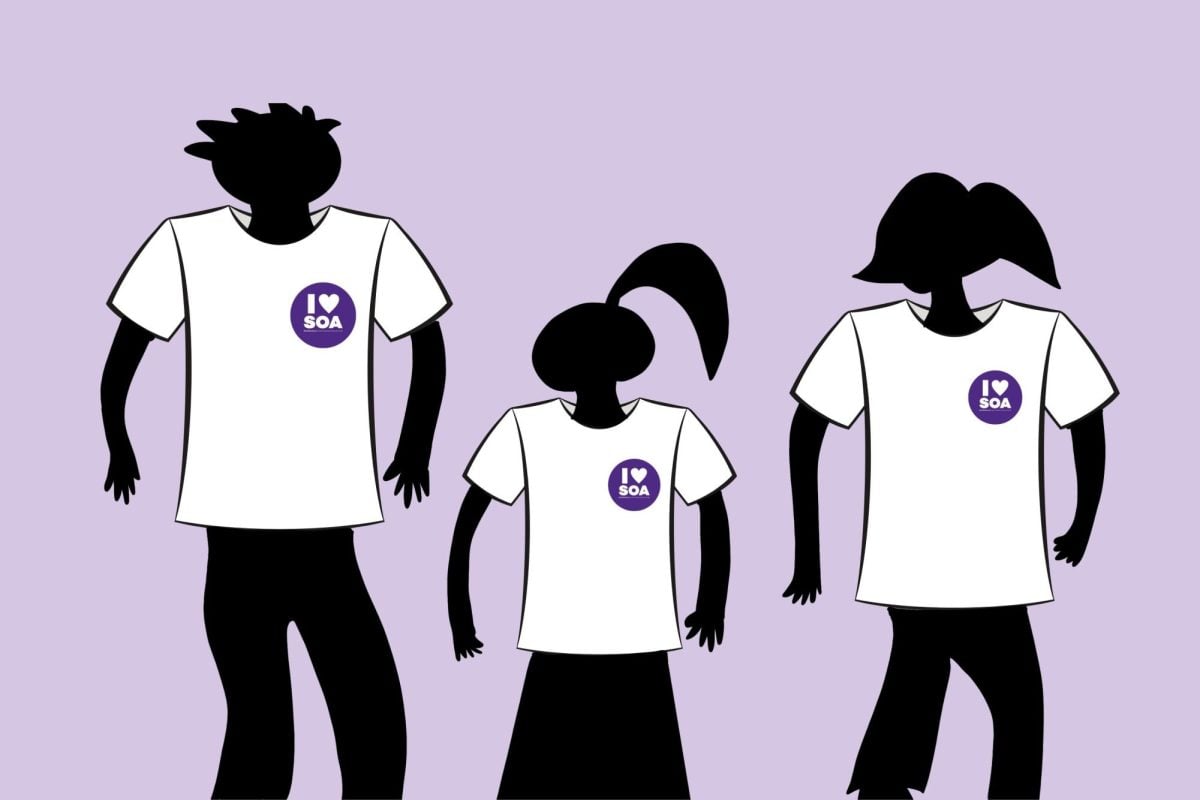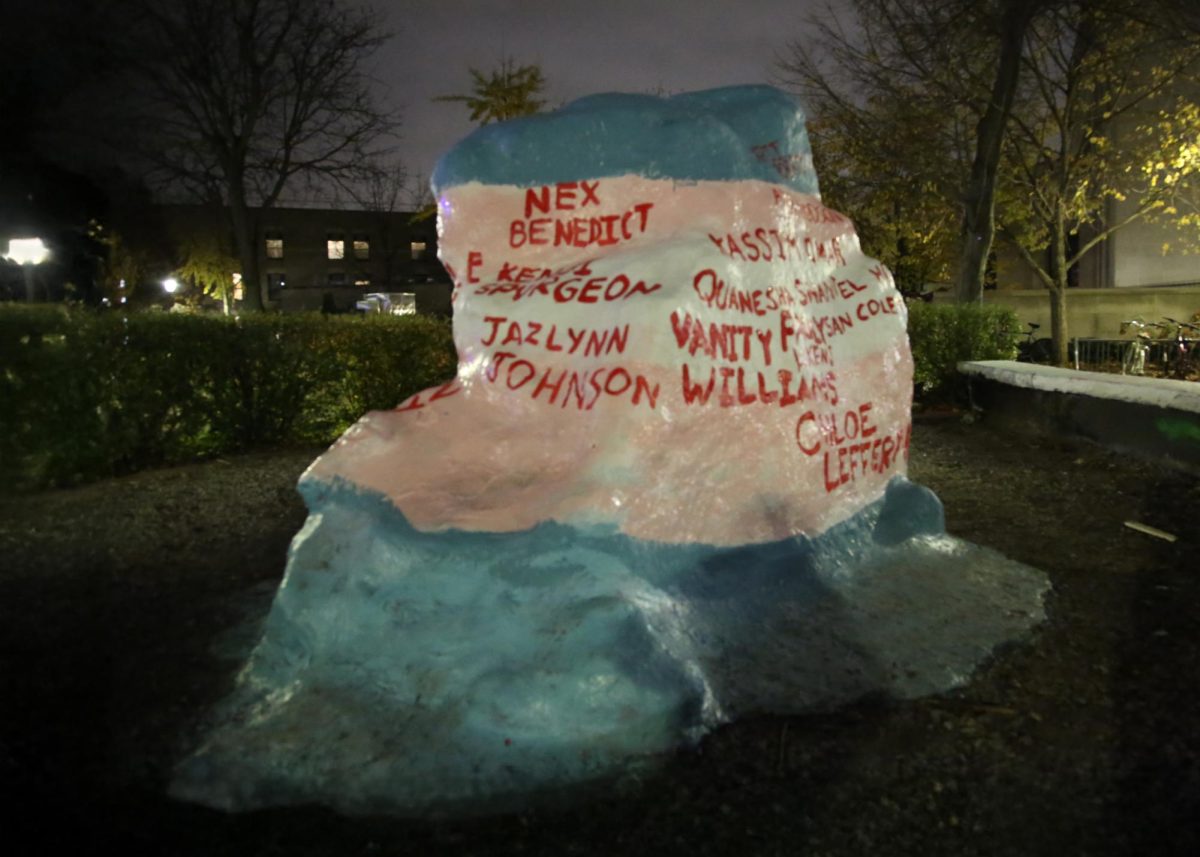The Tannenbaum Chabad House hosted an event Thursday discussing mental health issues from the perspective of the Jewish faith.
About 40 members of both the Chabad and Northwestern communities attended the lecture by guest speaker Rabbi Shais Taub. On Wednesday, speakers called on the NU community to reevaluate campus culture surrounding mental health issues at a memorial service for Alyssa Weaver, a Weinberg junior who took her own life in November.
“Mental health issues have recently been a very important issue on campus,” said Matthew Renick, president of the Chabad student executive board. “It’s very important to many of us here.”
Rabbi Dov Hillel Klein, the leader of Chabad House, explained he first contacted Taub more than a year ago to speak after hearing him at a convention. Taub was unable to come last spring, but when the school community began to have a heightened sense of awareness of issues surrounding mental health following the news of Weaver’s death, the Chabad student executive board decided it was time to bring this event to the community and chose the topic “Getting Unstuck.”
“There’s a lot of flaws with the mental health process and system here,” Weinberg junior Zach Flanzman said. “Hopefully people feel like anyone can come (to Chabad) if they need to.”
Taub opened the event with the story of the Jews’ slavery in Egypt and applying lessons from that story to dealing with depression. He said when you are in a dark place, you cannot always overcome it on your own because people have finite abilities. But he said it is possible to get out of it.
“We didn’t walk out of Egypt,” he said. “We were taken out.”
He also emphasized the importance of being open to blessings from God and acting as a “receptacle.” He emphasized the importance of being open to receiving God’s blessing and help when faced with difficulties.
“It’s a flow from on high,” Taub said of blessings. “The one thing I have to do — receive it.”
Following the lecture, Weinberg junior Aaron Zelikovich said he found the talk very relatable. He particularly identified with the rabbi’s example of a seed. The rabbi said that before becoming a tree, a seed has to be shoved into the ground and be buried alive.
Zelikovich said hearing that perspective reminded him of his own experiences with failure and growth. Originally a pre-med student, he has grappled with the decision to no longer pursue a medical degree.
“I won’t forget the idea of a seed needing to go to the bottom before it can become a tree,” Zelikovich said. “It really opened my eyes to a different way of looking at things.”
Klein said following the talk that he was reminded of many situations where he had intervened as a first responder with NU students.
“You have to hit rock bottom in order to be willing to take advice,” Klein said.
Klein said the University’s decision to disaffiliate with Chabad House due to concerns the organization violated University alcohol policy has not prevented the organization from continuing its usual programming. Usually he said he would have tried to host an event like this at a more neutral location, but he was happy with the turnout for the event.
“This is a very, very timely topic,” Klein said. “There is nothing more important in Judiasm, in my opinion, than being able to help someone else.”













